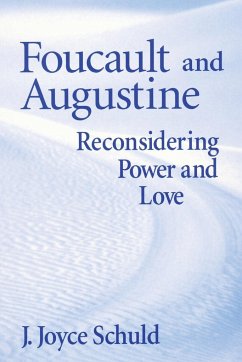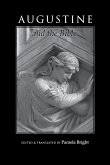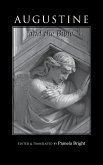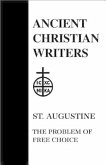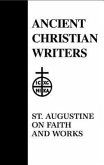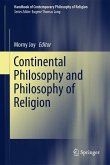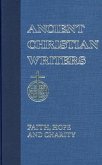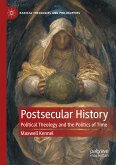Using Augustine as a conversation partner, this important new book explores the value of Michel Foucault's controversial writings for theologians, ethicists, philosophers, and cultural theorists. J. Joyce Schuld demonstrates the promising possibilities as well as the difficulties and limits of applying Foucault's social criticisms within Christian contexts. She maintains that the best way to make Foucault's postmodern concerns and his unsettling descriptions, metaphors, and methods accessible to Christian readers is to examine his thought through a premodern lens. By bringing Foucault and Augustine into constructive dialogue, Schuld reveals the surprising analytical usefulness of Augustine's writings for postmodern and poststructuralist studies. She pursues from a new and critically illuminating perspective the personal, cultural, and historical ramifications of Augustine's formative understanding of love and the complicated effects of original sin on all inter- and intrapersonal relations. Schuld argues that Foucault's dynamic and relational description of power helps us reconceptualize an ancient doctrine that has lost currency in the modern era and challenges us to rethink the vulnerabilities to which human loves endlessly expose us as individuals and engaged members of sociohistorical communities. This approach facilitates further theological examination of the intertwining personal and political implications of pride, the morally ambiguous aspirations for progress and perfecting knowledge, and the paradoxical power of the incarnation, the cross, and eschatological hope. Schuld's is the first sustained analysis of the rich theological possibilities of employing Foucault's most influential concepts and methods, historical research, and contemporary cultural criticisms. Foucault and Augustine: Reconsidering Power and Love will appeal to those who already use Foucault constructively and to those who have either never read him or who are familiar with his writings but have never considered them valuable for Christians.

